Human beings are animals that often operate by proxy. Here’s a familiar example from the world of — well, I was going to say “the law,” but what I have in mind is not the law but its perversion, so let’s say “the legal bureaucracy.” Everyone has heard the phrase “the process is the punishment.” It covers a multitude of sins. In its core signification, the phrase describes an increasingly common situation in which the machinery of the law is deployed to harass, enervate, stymie and otherwise hobble someone the regime does not like but whom, for the time being anyway, it chooses not to incarcerate. Sometimes it is easier to bankrupt and demoralize an opponent into submission.
Relevant here is a conversation I had more than a decade ago with a couple of worldly friends who can fairly be described as experts in the operation of the law. A prominent businessman had just been indicted and one of my friends observed that the indictment meant that he was sure to be cashiered, and soon. But what about being presumed innocent until proven guilty? I asked. My friends did not actually laugh, but they did smile as they explained that in our system the actual dispensation was “innocent until indicted.” Once indicted you are a marked man, as your banker will explain.
The political landscape is littered with victims of our extralegal legal process, as such names as Mike Flynn, Peter Navarro, John Eastman and of course Donald Trump will remind you. Their fates help to explain why you hear more and more people talking about our “two-tier” justice system, which is just periphrasis for “injustice,” and our “Stalinist” courts and judges, which is just an illuminating historical parallel to what is actually happening.
I thought about such matters in June as I attempted to digest the Supreme Court’s decision in the case of Murthy v. Missouri. The case, which was brought by the states of Louisiana and Missouri, alleged that agencies of the federal government — the FBI and other outposts of the surveillance and national security apparat — pressured various social media companies to conceal or otherwise censor opinions and people of which they disapproved.
The main subjects at issue were Covid — its origins, virulence and treatments — and the 2020 presidential election — its integrity and aftermath. Everyone now knows that entities like Facebook, Google and Twitter are in the business of policing opinion. Of course, Twitter’s rebirth as “X” under Elon Musk may have removed it, at least to some extent, from the censorship business. Indeed, it was through Musk that Matt Taibbi, Glenn Greenwald and others were able to bring their shocking revelations to the public about how entities of the federal government worked hand-in-glove with such businesses to shape and then maintain the official narrative.
“Who will rid me of this turbulent priest?” asked Henry II. The Mark Zuckerbergs, Jack Dorseys and Sergey Brins of the day stepped up to accomplish the half-expressed, but unmistakable, desideratum. We now know that the natural proclivities of these companies were aided and abetted — indeed, coerced — by agencies of the federal government. There was one acceptable narrative about Covid, just as there was one acceptable narrative about the 2020 election and January 6. Opinions that deviated from that script, the FBI and other entities insisted, were “misinformation” and must therefore be censored, “shadow banned,” demoted by the search algorithm, et cetera.
Lower courts, their eye on the First Amendment, had found for the plaintiffs. Indeed, one lower court judge described what was happening as “Orwellian.” It wasn’t a commendation. Nevertheless, the Supremes, in a 6-3 decision written by Amy Coney Barrett (who was joined by two “conservatives,” Chief Justice John Roberts and Brett Kavanaugh, as well as Justices Kagan, Sotomayor and Jackson) rejected the lower courts’ rulings. Why? Because, Barrett wrote, the plaintiffs lacked “standing.”
I am not a lawyer, which perhaps explains why I found her reasoning opaque. Much clearer, I thought, and to the point, was the legal commentator Jonathan Turley. “The government is engaging in censorship by surrogate,” he wrote; “they have made a mockery of the limits of the First Amendment.”
This was essentially the point made by Justice Alito in his ringing dissent (which was joined by Justices Thomas and Gorsuch). What we had here, Alito said, was “a far-reaching and widespread censorship campaign” conducted by high-ranking federal officials against Americans who expressed deprecated views about Covid, the 2020 election, or the self-guided tour of the Capitol on January 6, 2021. Quoth Alito, “For months in 2021 and 2022, a coterie of officials at the highest levels of the federal government continuously harried and implicitly threatened Facebook with potentially crippling consequences if it did not comply with their wishes about the suppression of certain Covid-19-related speech.”
The campaign was more often subtle, covert and sophisticated than blatant exercises in Orwellian efforts to control public opinion. But that does not make it any less coercive or destructive of the truth. Its very success, Alito argued, may well make it “stand as an attractive model for future officials who want to control what the people say, hear and think. That is regrettable.” Understatement, anyone?
This triumvirate of putatively conservative justices retreated behind the concept of standing as a way of avoiding ruling on the merits. They were afraid of issuing a ruling unpopular with the regime and its media. In so doing they betrayed us and their high judicial calling.
This article was originally published in The Spectator’s August 2024 World edition.



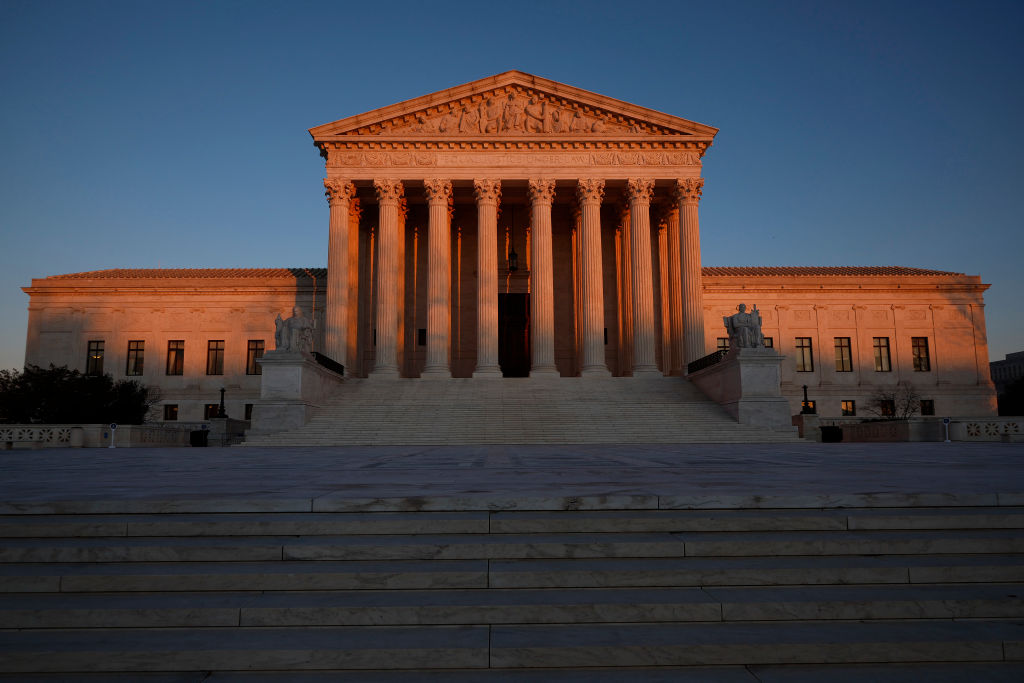







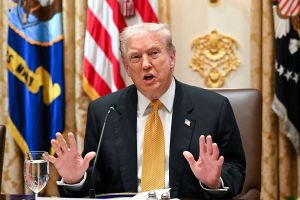
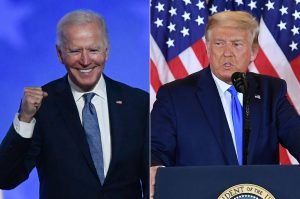
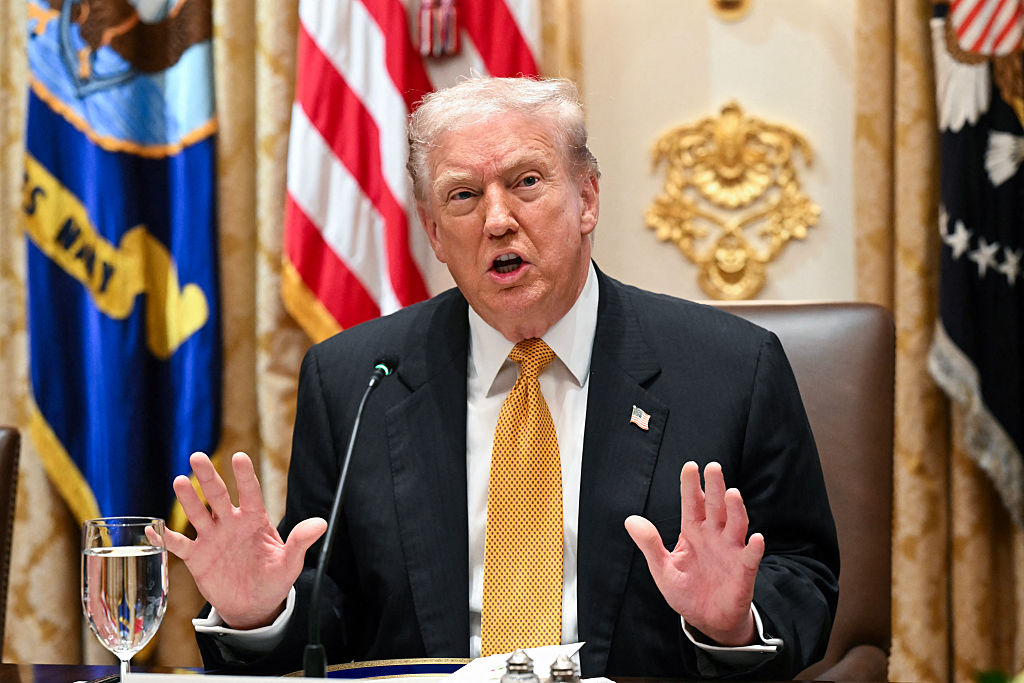
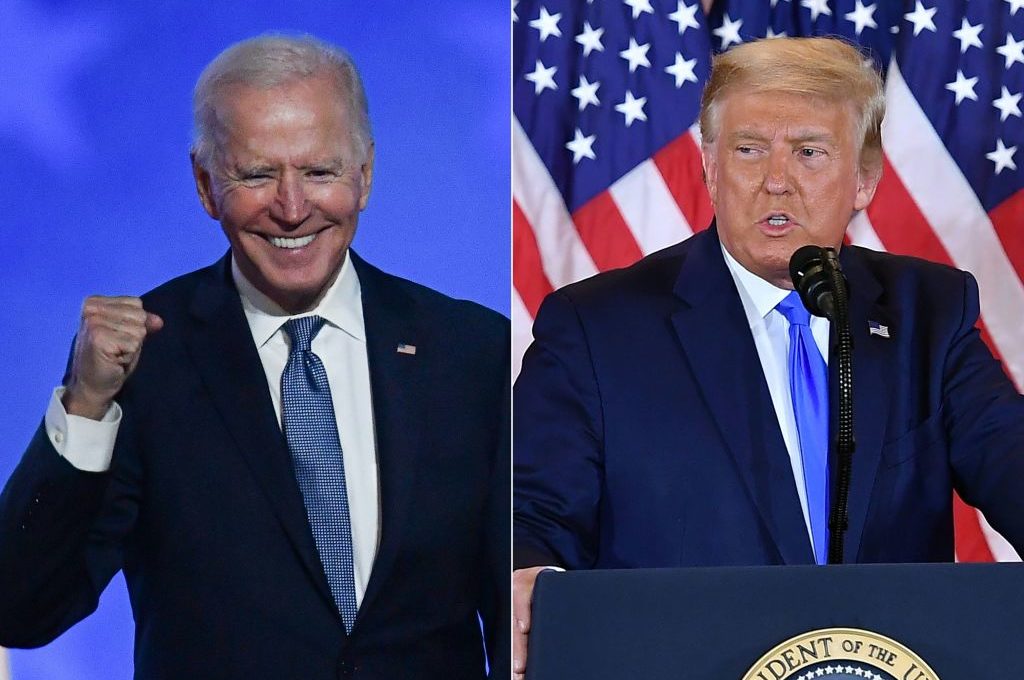
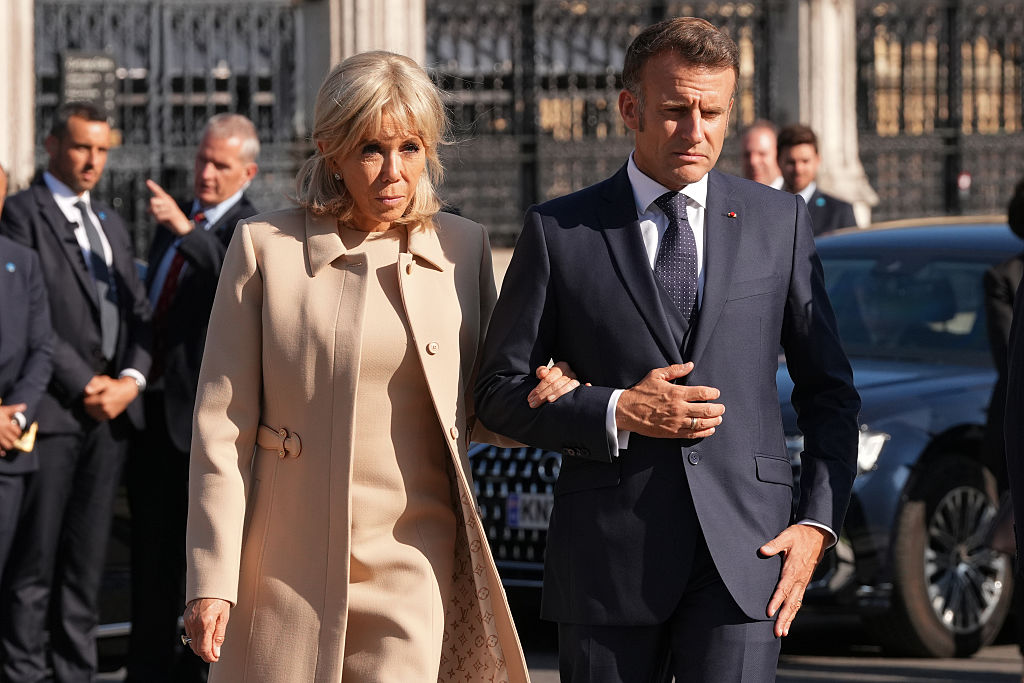
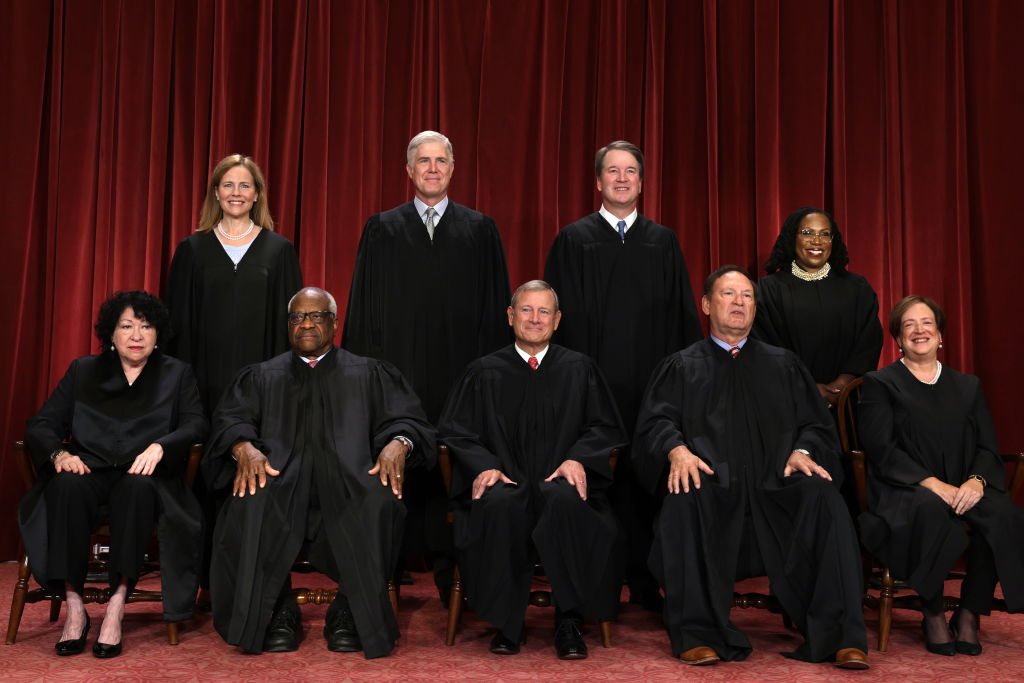

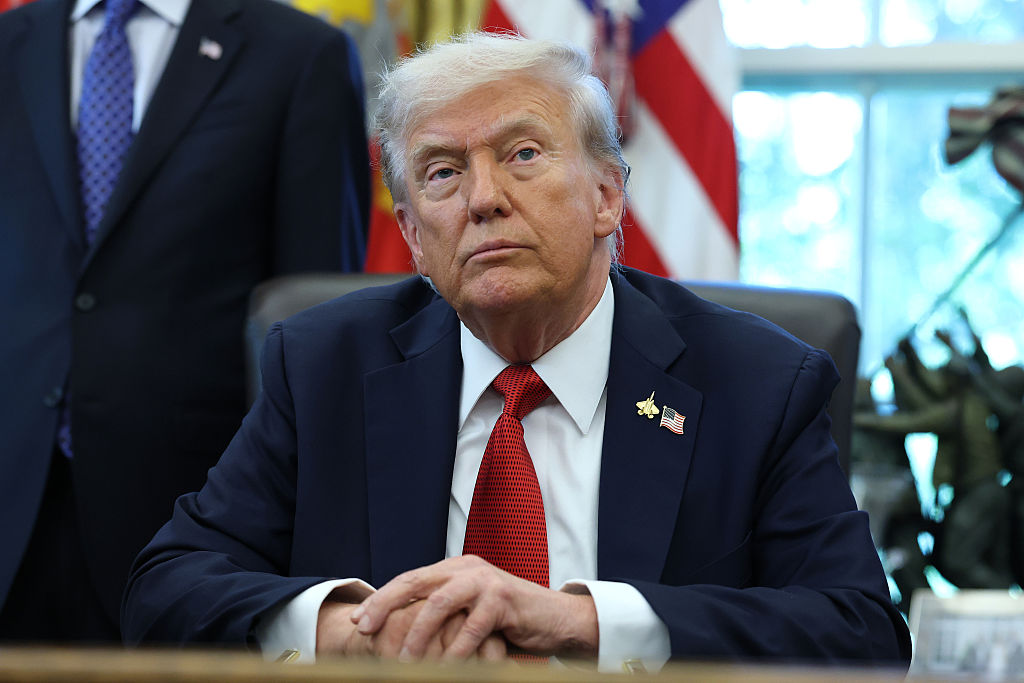







Leave a Reply